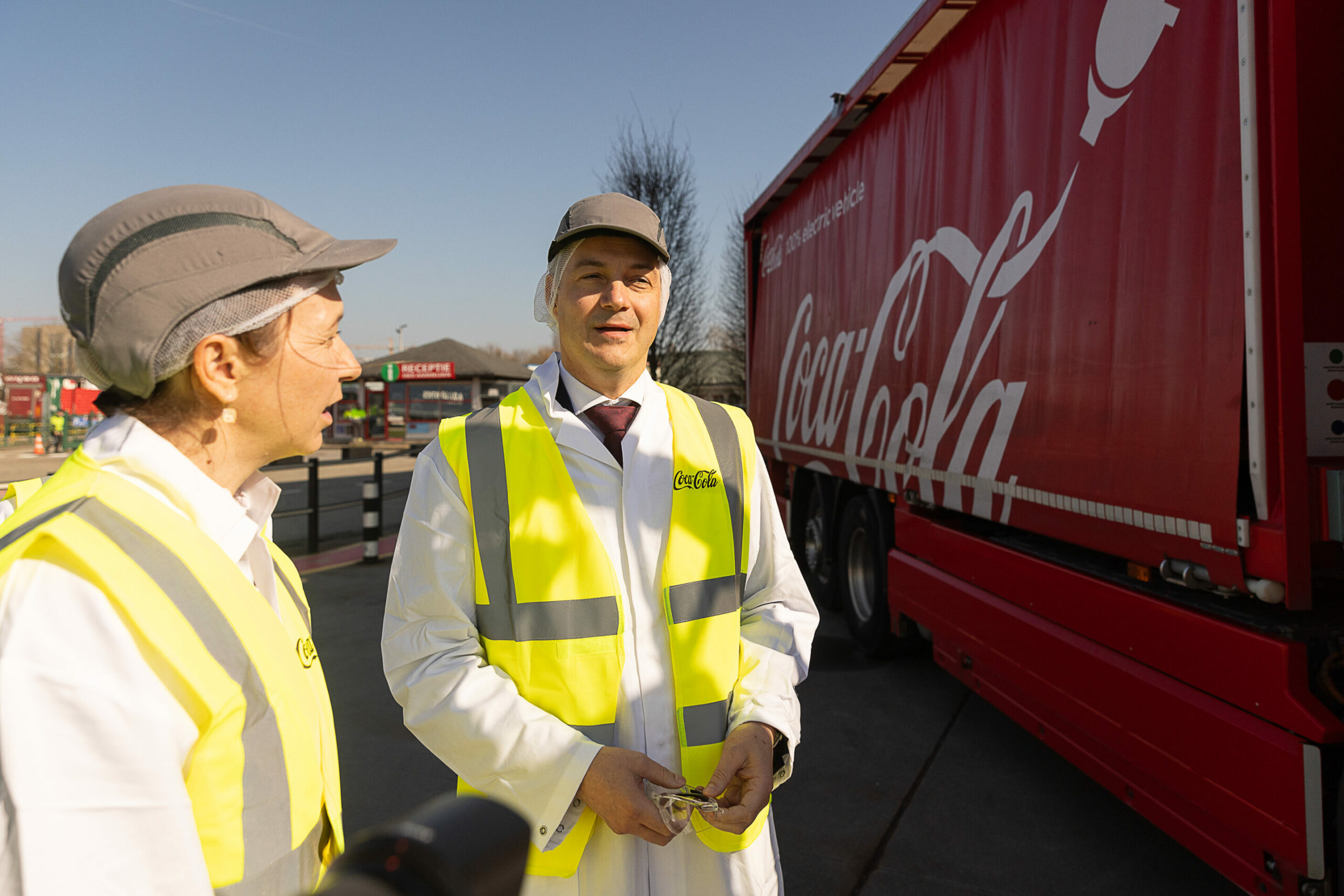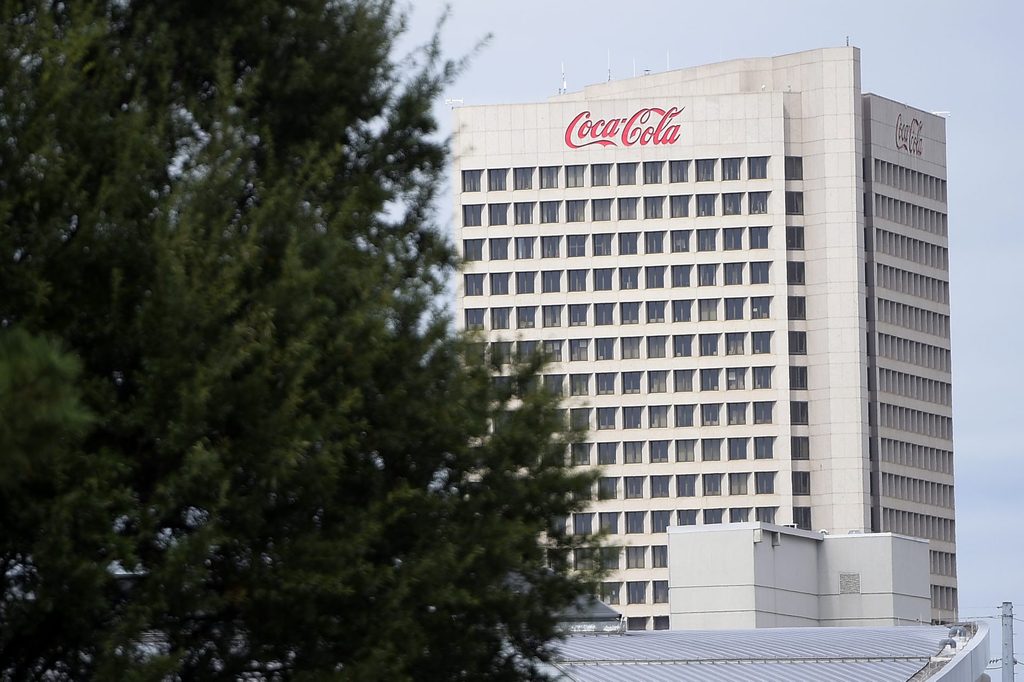Over 100 CEOs have signed an open letter calling for the EU to reduce its greenhouse gas emissions by at least 90% by 2o40.
IKEA, Unilever, H&M and Coca-Cola are among the signatories making the case for an accelerated effort to cut emissions in the interest of economic opportunities and public health.
"Ultimately, climate risk is an economic and financial risk," the letter reads. "Robust targets will enable the creation of quality jobs and cost savings that citizens rightly expect, while improving the health and well-being of people [in the EU]."
The proposed 90% reduction is based on the recommendations of the European Scientific Advisory Board on Climate Change (ESABCC) and the European Commission. Signatories believe this target should serve as the "floor rather than the ceiling" when it comes to the EU mitigating its impact on the climate.
The letter goes on to outline specific measures the EU can take to ensure it reaches the proposed reduction on time. It encourages an industrial strategy with the 90% target at its centre. It also stresses the importance of enhanced energy security that phases out fossil fuels.
Moment of truth for EU climate policy
The letter comes at a particularly fraught moment for the European Green Deal, as one of its landmark texts struggles for air yet again.
The Nature Restoration Law (NRL), approved by the European Parliament in February – after a markedly tumultuous legislative journey – is due to be voted on by the European Council next week. This step is normally a formality but suspected meddling by Belgian Prime Minister Alexander De Croo (Open VLD) this week has thrown the bill's future into doubt.
De Croo has denied reports that he "actively lobbied" several embassies in an attempt to vote the text down. The liberal politician tends to champion industry interests over those of the climate, calling for a "pause" in the NRL last May and voicing his ambition to make industrial policy a priority during the next EU mandate.

Prime Minister Alexander De Croo pictured during a visit to the Coca-Cola production plant in Ghent, Friday 08 March 2024. Credit: Belga / James Arthur Gekiere
Prior to the European Parliament vote in February, the NRL's uphill battle illuminated the lack of support for genuine green policies among political groups such as the European People's Party (EPP), who was accused of leading a misinformation campaign against the NRL in favour of the European agricultural sector's concerns about its impact on their livelihoods.
It is feared that European Commission President Ursula Von Der Leyen will turn her attention away from climate policy in order to maintain the support of an increasingly right-wing parliament.
Following a critical agreement on the NRL in July last year, Coca Cola, Unilever and other major companies called on the EU to continue prioritising its commitment to nature preservation, based on a report that underlined the economic benefits of doing so.
As part of the reiterated call to remain committed to the Green Deal on Thursday, IIGCC CEO Stephanie Pfeifer said "climate change poses a financial risk to businesses and investment portfolios. This risk is growing, and the rapid and orderly decarbonisation of the global economy is the key tool that we have to mitigate it."

